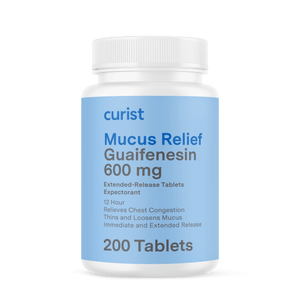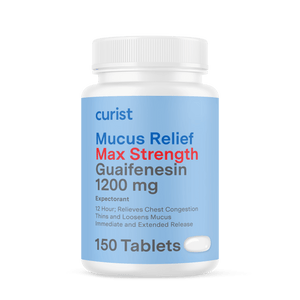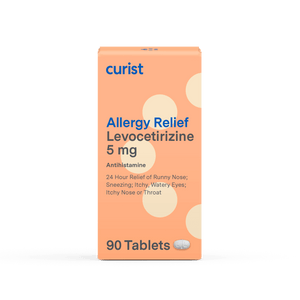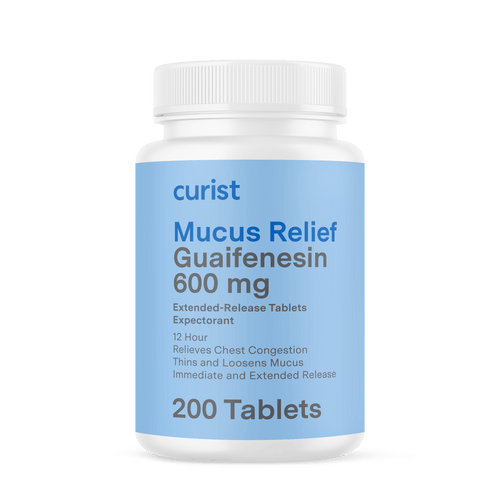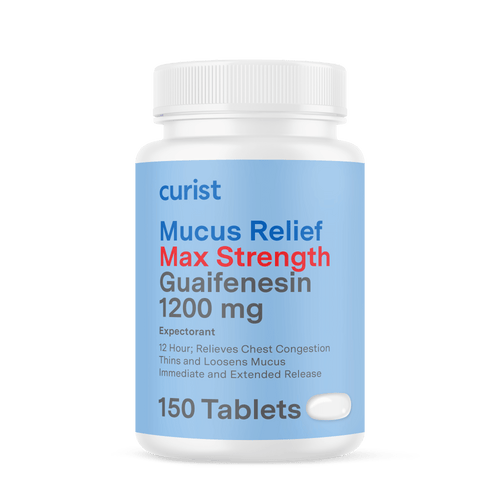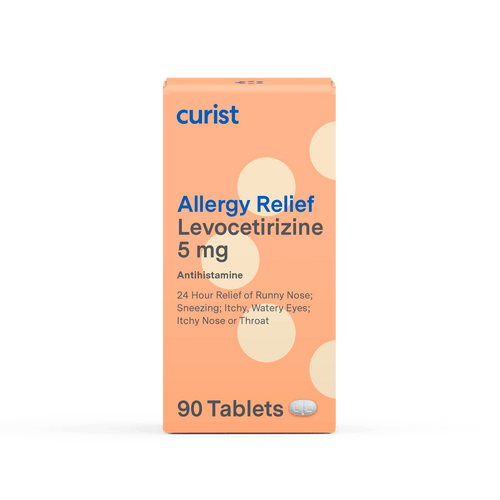by Dr. Waverly Yang, Pharm D, Curist Pharmacy Advisor and Dr. Marc Goldstein, MD, Curist Medical Advisor
Curist delivers over-the-counter medicines to your door at a fraction of the price of traditional brands. We hope everyone stays safe and healthy during this time.
More people have been experiencing headaches and migraines since the pandemic began, but is your new headache harmless or could it be a sign of a coronavirus infection (COVID-19)?
Headaches vs. Migraines: What’s the Difference?
There is a distinct difference in symptoms between headaches and migraines. Since headaches have been reported as a potential symptom of coronavirus, it’s important to differentiate between the two.
A headache is a painful pressure or ache that is felt within the head and typically involves both sides of the head. The severity and length of the headache can vary, but most will resolve on their own. Triggers for headaches include:
- Stress
- Dehydration
- Muscle strain
- Sinus pressure (to learn more about Sinus issues, checkout Sinus, Congestion and Allergies
Migraines present as a moderate to severe, pulsing pain that may localize to one side of the head. Migraines are often accompanied by other symptoms, such as:
- Light and sound sensitivity
- Nausea and vomiting
- Dizziness
Many people who suffer from migraines may also experience an ‘aura’ before the migraine. Auras are sensations that occur before the pain of a migraine begins and may include visual, mental, speech, or movement problems.
Is My Headache Coronavirus (COVID-19)?
Although headaches are not the most common symptom, they can be a possible sign of coronavirus infection especially when accompanied by other common COVID-19 symptoms. In a study of 56,000 confirmed cases of COVID-19, about 13% of patients experienced a headache. Those who also experience chronic migraines have noted that coronavirus-induced headaches were distinct from their typical migraines. Coronavirus patients have described their headache as a painfully tight, squeezing sensation that intensifies when they cough or develop a fever. These headaches can occur before or after common coronavirus symptoms present themselves.
If you are having similar headaches along with a cough, fever, or shortness of breath, contact your doctor and get tested for COVID-19.
How Does Coronavirus (COVID-19) Cause Headaches?
Researchers and healthcare professionals are still finding new ways that the novel coronavirus can affect the body. When the virus enters the bloodstream, it causes inflammation in the body. This inflammation is caused by cytokines, proteins that are released in the body in response to an infection. These cytokines circulate in the body and cause fever but may also be responsible for causing inflammation and pain in the brain, resulting in headaches.
Is My Headache Coronavirus or Allergies?
More people have been reporting a higher frequency of headaches and migraines since the coronavirus pandemic began. Doctors and researchers believe that this is largely due to an increase in stress levels in addition to lower levels of movement, hydration, and irregular sleep. If you’re not having additional COVID-19 symptoms, your headache may be a result of recent lifestyle changes, increased stress or related to having seasonal allergies producing sinus pressure headaches. To learn more about Allergies vs Coronavirus here.
Are There Drug-Free Tips and Treatments for Headaches?
A couple of tips can help prevent and relieve headaches naturally.
- Stay well-hydrated.
- Getting adequate movement. If you are working from home, take frequent breaks to stand up and stretch.
- Managing your stress. Even in these difficult times, try to take some time to de-stress for yourself and your health.
- If a headache does develop, try a cold compress applied to the forehead
How Can I Prevent and Treat Headaches?
If you find that these tips are not enough, many people use non-prescription, over-the-counter medications to manage headache symptoms at home. Acetaminophen (Curist Pain Relief) and ibuprofen are both commonly used to reduce headache and migraine pain. To learn more about all the different options for treating headaches check out Pain & Fever: Tylenol vs Advil vs Aleve vs Aspirin). Treating underlying seasonal allergies (for example, with fluticasone spray and/or non-sedating antihistamines, available from Curist) may also lessen sinus pressure headaches from evolving.
During the coronavirus pandemic, there has been recent debate about the safety of ibuprofen use in coronavirus patients. The World Health Organization states that there is no evidence to suggest that ibuprofen would make COVID-19 infections worse (to learn more check out Ibuprofen For Coronavirus: What’s Safe?). Make sure to take all medication as directed and consult with your doctor if you have any concerns or if you are still experiencing frequent headache or migraine pain.




